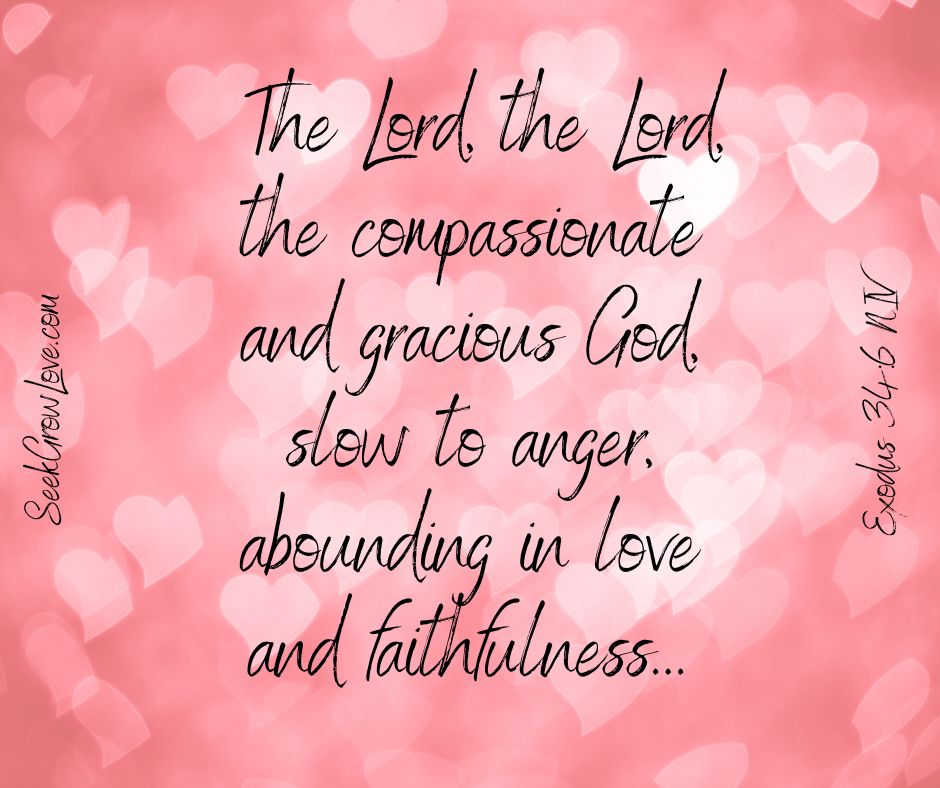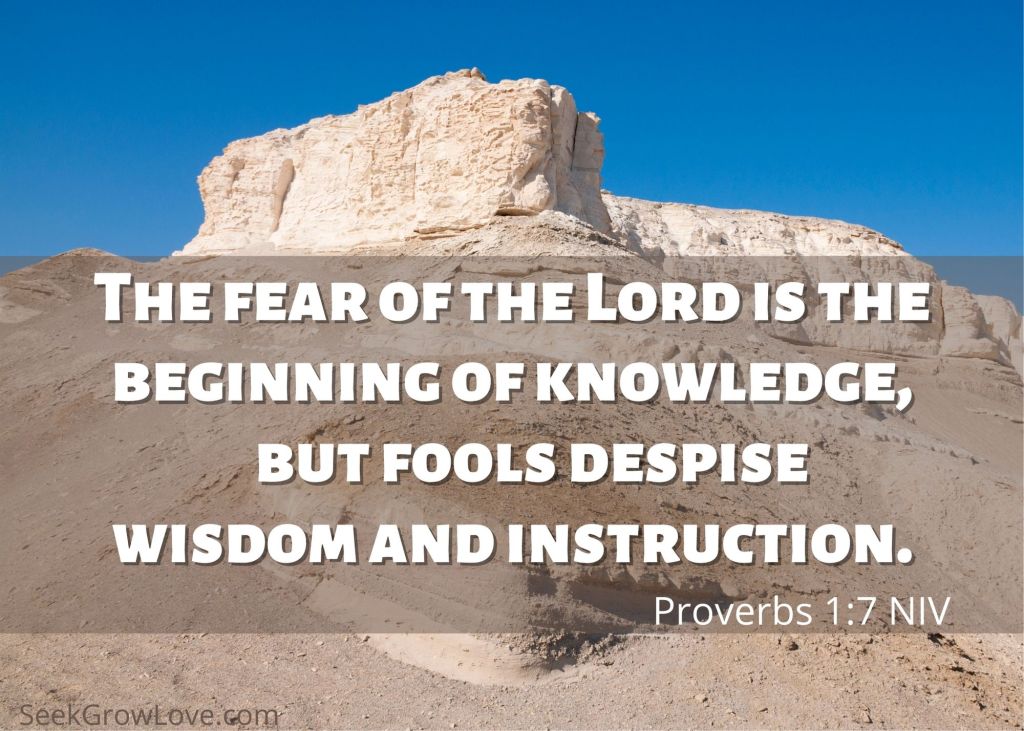
*Old Testament: Exodus 33 &34
Poetry: Psalm 33
New Testament: Matthew 28
As a child, I remember making an emergency run to the neighborhood store with my Mom for a box of cereal. It was the night before Valentine’s Day. Our teacher had told us to decorate a cereal box to transform it into our personal Valentine’s Day mail box. Of course, I had forgotten all about this class project until the night before it was due. Everyone in our class would buy a pack of cards. I liked opening my box of cards and reading through each one as I addressed and signed them. I was so excited to drop the cards in the other boxes for my classmates. The class card exchange has been a long-standing tradition and a fun way for kids to express fondness for classmates. Expressing fondness, admiration or appreciation for others is definitely a skill that I want to pass on to the next generation. And more importantly, I want all of us to be able to express our love to God and show the love of God to others. In fact, Jesus taught us that the greatest commandment is to love the Lord our God with all our heart, soul, mind and strength and the second commandment is to love our neighbor as ourselves.(Mark 12:29-31)
The LORD has always shown human beings His love. He created us, cares for us, provides for us, sustains us…His interactions show His love because God is Love. The love that God shows us is perfect love, agape love. You know that perfect love of God: love that is patient, kind, not envious, not boastful, not proud. Love that doesn’t dishonor others, is not self-seeking, is not easily angered, and doesn’t keep a record of wrongs. This love doesn’t delight in evil, but rejoices with the truth. (1 Corinthians 13) You know. That kind of love. The love that never fails.
Moses had many opportunities to experience the LORD’s love through his own life and through the LORD’s interaction with the Hebrew people. But leading this rebellious group had Moses seeking God more than ever. He pleaded for His presence to go with them on their journey and he asked to see God’s glory. God grants his request. Early in the morning, Moses heads up Mount Sinai with the new stone tablets in his hands. We see Moses being rewarded for seeking a close, loving relationship with the LORD. The LORD came down in the cloud and stood there with him. He passed in front of Moses, proclaiming, “The LORD, the LORD, the compassionate and gracious God, slow to anger, abounding in love and faithfulness, maintaining love to thousands, and forgiving wickedness, rebellion and sin.” (Exodus 34:6 & 7)
Just like Moses, we are so thankful for who the LORD is-abounding in love and maintaining love to thousands. But the LORD also states that He is just. He does not leave the guilty unpunished. That is the part that might scare us. After all, every one of us has sinned and come short of the glory of God. But the fear of the LORD is the beginning of wisdom and it is wise to realize that God is bigger than we are and has our lives in his hands. But as we grow closer to God, we realize that He wants all people to be saved and to come to a knowledge of the truth. He truly wants only the best for us. What Jesus called abundant life. Our fear of the Lord should motivate us to repentance and acceptance of His Son. As 1 John 4:18 states, “There is no fear in love. But perfect love drives out fear, because fear has to do with punishment. The one who fears is not made perfect in love.” His amazing love for the world was so great that He gave us His only begotten Son, our Lord Jesus Christ. In love God offers us the opportunity to believe in Jesus and receive eternal life. (John 3:16) So it is time to walk closely with the LORD allowing Him to fill us with His perfect love.
-Rebecca Dauksas
Reflection Questions
- How would you describe God’s abounding love?
- How did Moses experience it?
- How have you experienced it?
- How can you express your love for God today?
- How can you show the love of God to others today?


